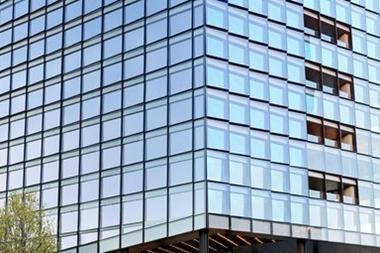Futurists may see Covid as the catalyst that will transform us all into digital nomads, but I disagree. The pandemic isn’t about to kill the office market. Instead, it will accelerate structural changes already taking place, such as the rise of flexible work practices.

We will see more workspace in suburbia as part of a widespread shift to a hub-and-spoke model. Employers will keep their headquarters in locations such as central Manchester or London, but add a flexible network of offices across expanding commuter belts close to concentrations of staff.
The benefits of this model are considerable. First, it helps attract and retain talent. With many staff no longer willing to commute into city centres, offering high-quality and well-amenitised offices in commuter belts will better meet employees’ post-pandemic demands. In the past, people moved to cities for better-paying jobs, but this could make it possible to earn high salaries almost anywhere.
Second, it helps companies to move away from the fixed, long-term leases that are an obstacle to flexible working and prevent them from scaling up or down in line with changing needs.
This shift will see some offices fail and hubs like Canary Wharf may need to rethink their offer, but opportunities will still exist in traditional office markets, especially since the need for social distancing may endure and more space will be required for the same headcount.
London may well see a higher concentration of office demand around key transport nodes, with staff and clients unwilling to commute into and then across the city to peripheral locations.

The London office market has fared quite well so far, with space under offer rising for the third consecutive month to 2.7m sq ft at the end of 2020, according to Cushman & Wakefield. But some of those deals were probably sweetened with hefty incentives.
The role of the office post-Covid will be to anchor an expanded, complementary network of working spaces that exploit the advantages of the suburban and commuter-belt markets while continuing to provide the services that make central offices popular.
This will create an investment environment that nimbler investors may be better suited to taking advantage of than the market’s current backers.
Fears of a funding gap if banks and institutional investors restrict their debt and equity activity while the new paradigm emerges are overplayed. There is a golden opportunity for savvy investors to make the right deals at the right time by anticipating and understanding these changes and benefiting from them.
There will need to be particular focus on whether the reversionary rent story is true and it is likely that investors that focus on affluent commuter-belt locations will fare best.
The office market will be fundamentally changed by Covid, but it will still be regarded as a cornerstone investment.
Alastair Carmichael is investment director at HB Titan





























No comments yet